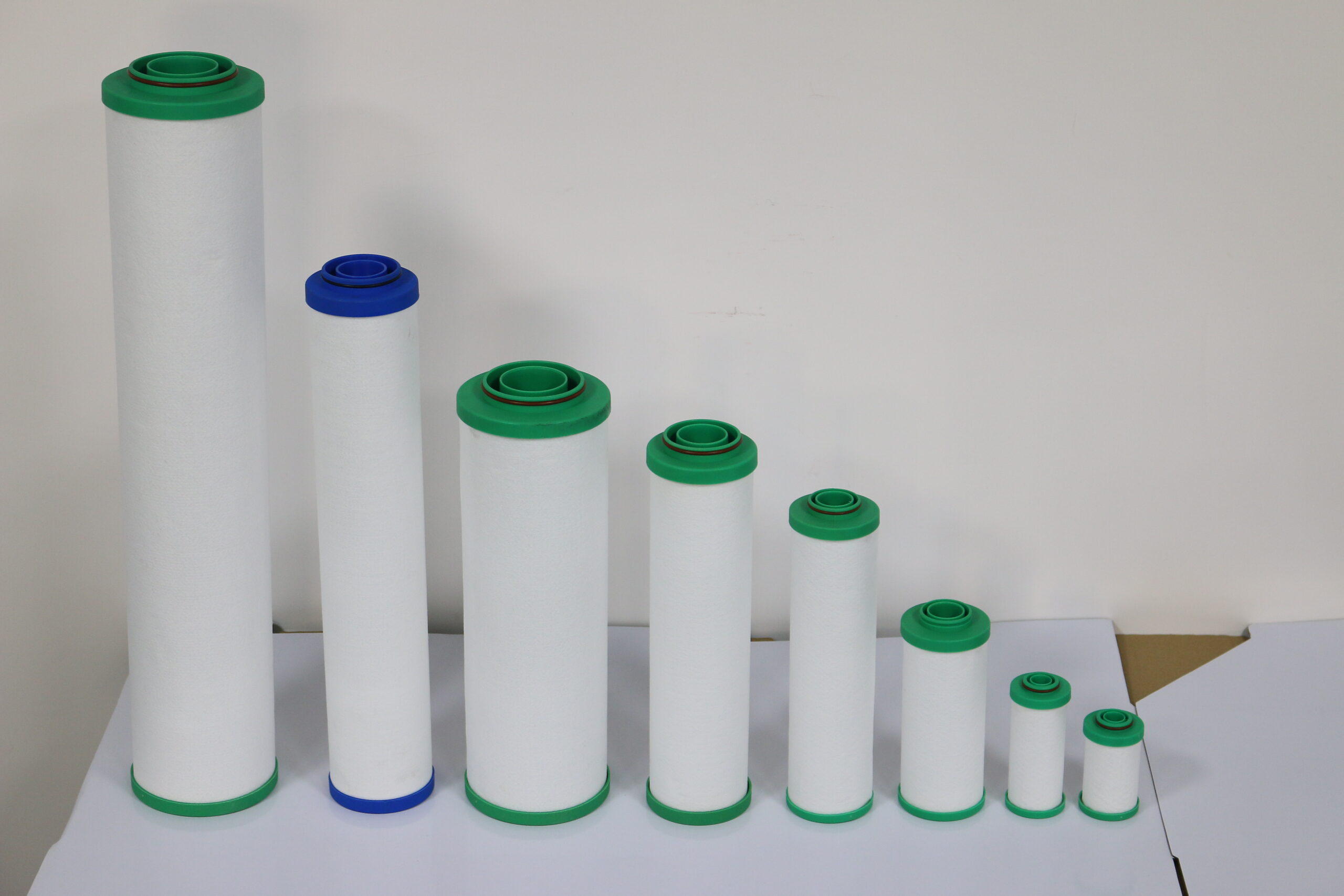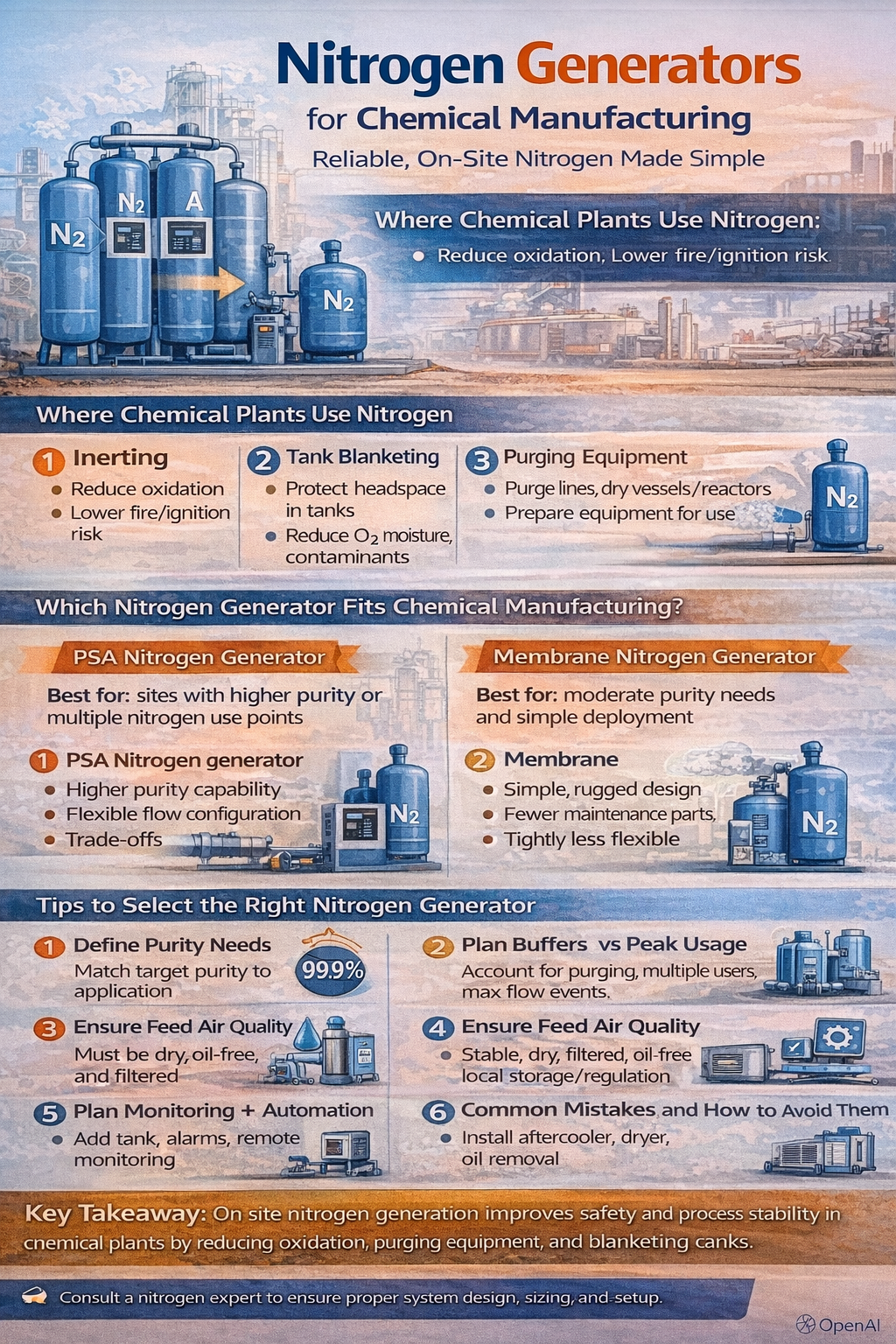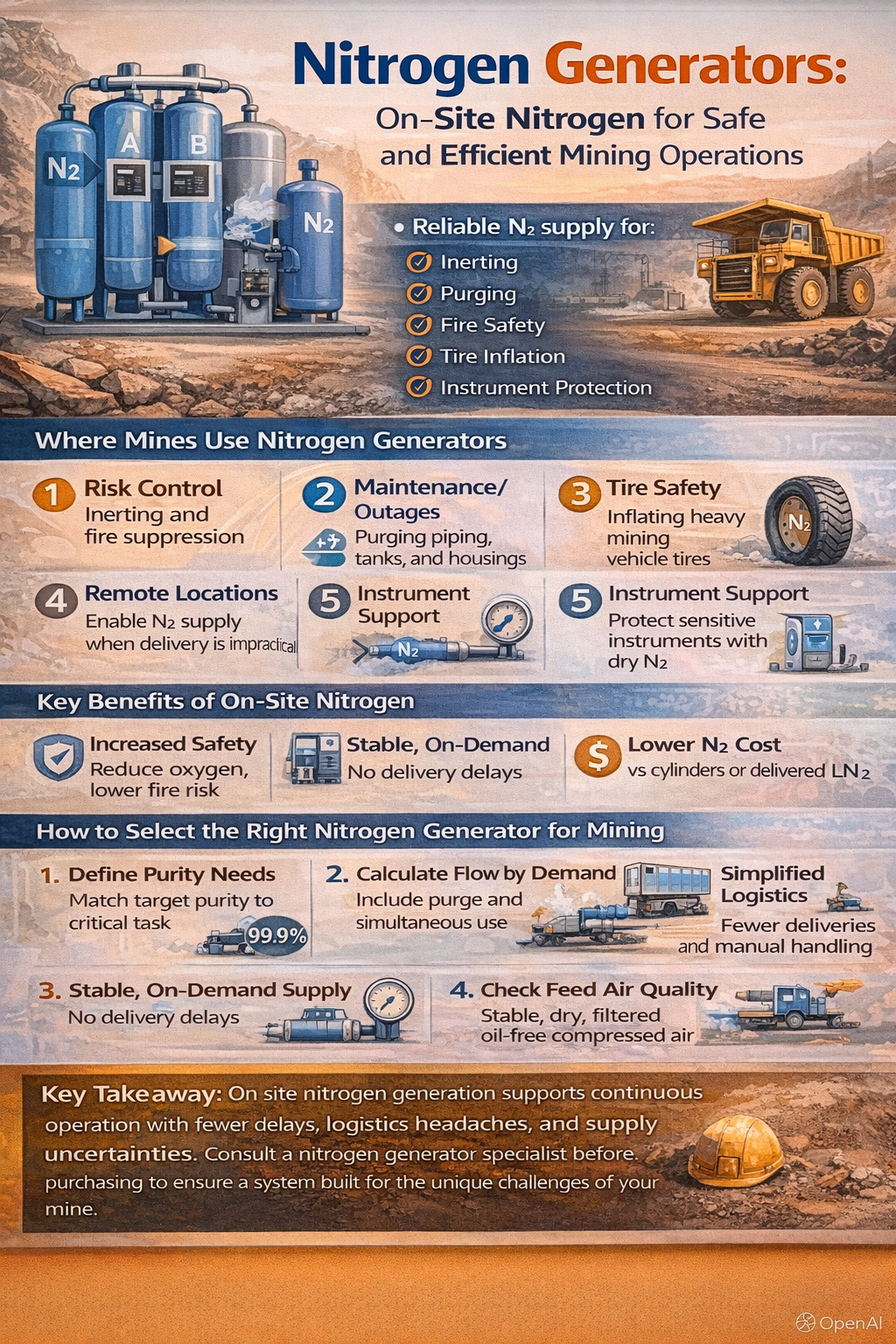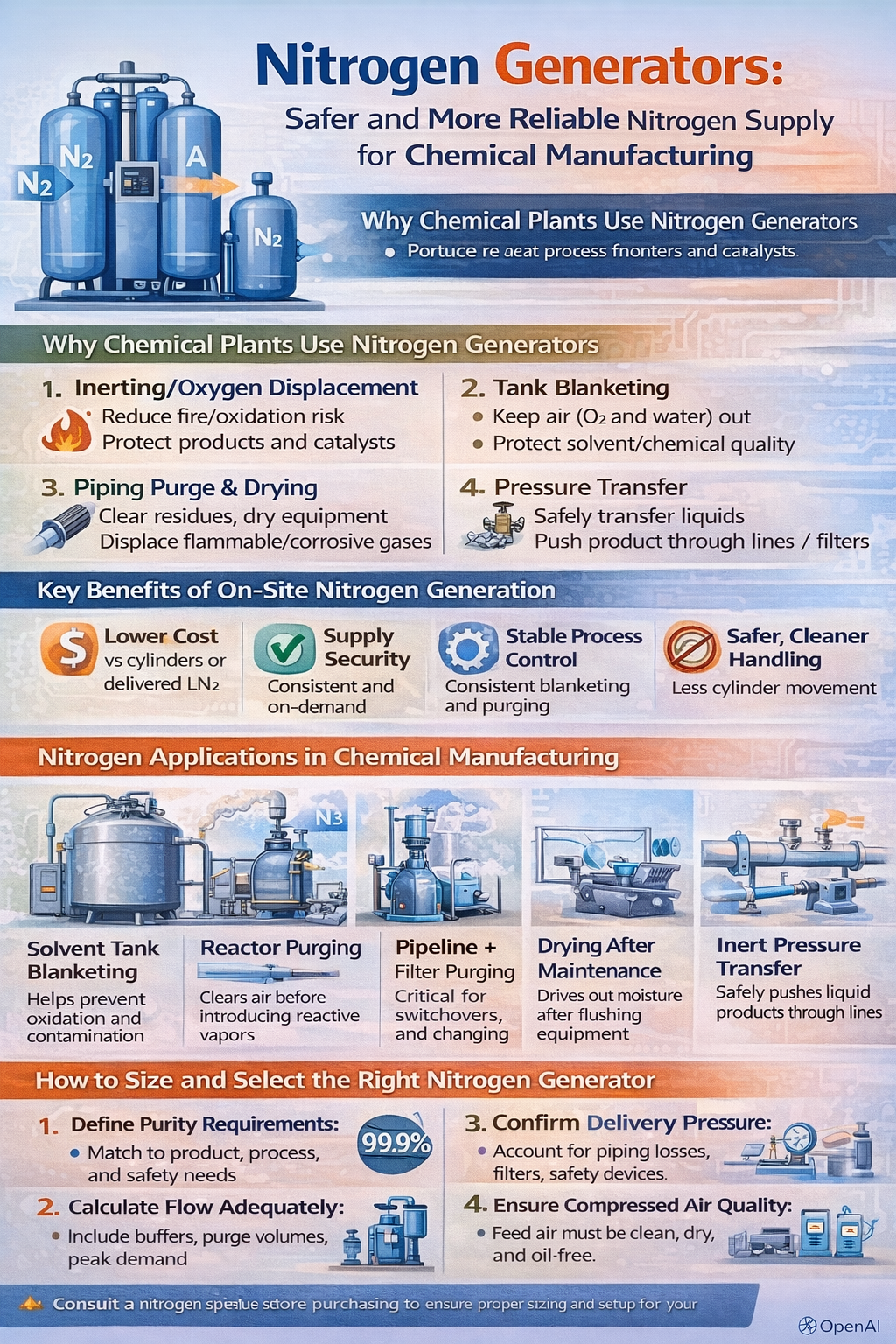Introduction: Why You Need a Compressed Air Filter Regulator
In industrial and workshop environments, compressed air filter regulator units play a critical role in ensuring that your air tools and pneumatic systems operate safely and efficiently. These dual-function devices filter contaminants from compressed air and regulate output pressure, offering two essential functions in one compact unit.
Without a proper compressed air filter regulator, your pneumatic system is vulnerable to moisture, oil, and debris—causing corrosion, air leakage, erratic tool behavior, and system failures. Whether you’re running a CNC machine, paint sprayer, or any compressed air application, this component is key to clean and consistent performance.
What Is a Compressed Air Filter Regulator?
A compressed air filter regulator is a device that combines an air filter and a pressure regulator into a single unit. It’s designed to remove solid and liquid contaminants from the compressed air supply while simultaneously controlling and maintaining the output pressure within a desired range.
This combination is commonly used in manufacturing, automation, automotive repair, woodworking, and other pneumatic systems where clean, regulated air is essential.
Benefits of Using a Compressed Air Filter Regulator
✅ Dual Functionality
One compact unit filters out moisture, dust, and oil while regulating pressure—saving space and simplifying installation.
✅ Improved Equipment Performance
By ensuring your tools receive clean, dry, and stable-pressure air, a compressed air filter regulator enhances performance and reduces tool wear.
✅ Lower Maintenance Costs
Preventing contaminants from reaching downstream equipment reduces the frequency of repairs and replacements.
✅ Energy Efficiency
Regulating air pressure prevents overconsumption and reduces compressor workload, leading to lower energy bills.
✅ Longer Equipment Lifespan
Clean and well-regulated air flow protects sensitive equipment and extends operational life.
Where Are Compressed Air Filter Regulators Used?
The compressed air filter regulator is a must-have for:
Manufacturing plants – for powering tools, robots, and automation systems
Automotive workshops – for paint spraying, tire inflation, and air tools
Woodworking shops – for operating pneumatic sanders, nail guns, etc.
Packaging industries – for actuating machines with precision
Food and beverage – where hygiene demands ultra-clean, moisture-free air
Product Features of Our Compressed Air Filter Regulator
High-precision pressure adjustment with readable gauge
Integrated water trap to capture and drain condensate
Durable construction using corrosion-resistant materials
Modular design for easy integration with lubricators or additional filters
Available in multiple sizes to suit different air flow capacities and pressures
🛠️Air Filter, Work Smarter – Air Filter Element Special Offer!
Protect your compressed air system with our high-efficiency air filter elements. Designed to capture dust, oil mist, and water droplets, our air filters are the perfect companion to your compressed air filter regulator setup.
✅ High dust-holding capacity
✅ Fast replacement and universal fit
✅ Protects downstream tools and increases compressor efficiency
👉 Upgrade today and experience cleaner air, lower maintenance, and extended system life.
🛒 Shop Air Filter Elements Now
How to Choose the Right Compressed Air Filter Regulator?
Here are key factors to consider:
Air Flow Requirements (CFM or L/min): Ensure the regulator can handle your maximum air volume.
Operating Pressure Range: Choose a model with pressure limits suited to your application.
Port Size Compatibility: Make sure inlet/outlet ports match your piping.
Filtration Grade (Micron Rating): Select based on how clean your air needs to be—typically 5μm to 40μm for general use.
Drain Type: Manual or automatic draining based on your maintenance preference.
Mounting & Environment: For harsh environments, opt for corrosion-resistant housing.
Installation and Maintenance Tips
Install upstream of tools and downstream of your air compressor.
Use Teflon tape or proper fittings to prevent air leaks.
Regularly check the filter bowl for moisture and debris.
Replace the filter element according to usage or manufacturer’s guidelines.
Drain water traps daily or switch to an automatic drain valve for convenience.
Frequently Asked Questions (FAQ)
Q1: What does a compressed air filter regulator do?
It filters out contaminants like dust, oil, and water from compressed air and maintains a stable output pressure for downstream tools or equipment.
Q2: Can I use a filter regulator with any air compressor?
Yes. As long as the pressure range and airflow capacity match your compressor and tool requirements, it is compatible.
Q3: How often should I replace the filter element?
For average use, replace every 3–6 months. In dusty or oily environments, inspect monthly and replace as needed.
Q4: What’s the difference between a regulator and a filter regulator?
A regulator controls air pressure only. A compressed air filter regulator combines filtration and pressure control in one unit for added convenience and efficiency.
Q5: Do I need a lubricator as well?
If you’re running tools that require oil (like impact wrenches), consider using an FRL unit (Filter, Regulator, Lubricator). Otherwise, a filter regulator is sufficient.
Conclusion: Improve System Reliability with a Compressed Air Filter Regulator
A high-quality compressed air filter regulator is essential for maintaining clean, dry, and stable airflow in any pneumatic system. By protecting your tools and ensuring optimal air pressure, this simple yet powerful component can dramatically reduce maintenance costs, extend equipment life, and improve operational efficiency.
Whether you’re running a small workshop or managing a large manufacturing line, integrating a compressed air filter regulator is a smart and necessary investment.
Ready to upgrade your compressed air system? Browse our selection of high-performance regulators and filter elements—engineered for durability, precision, and value.








